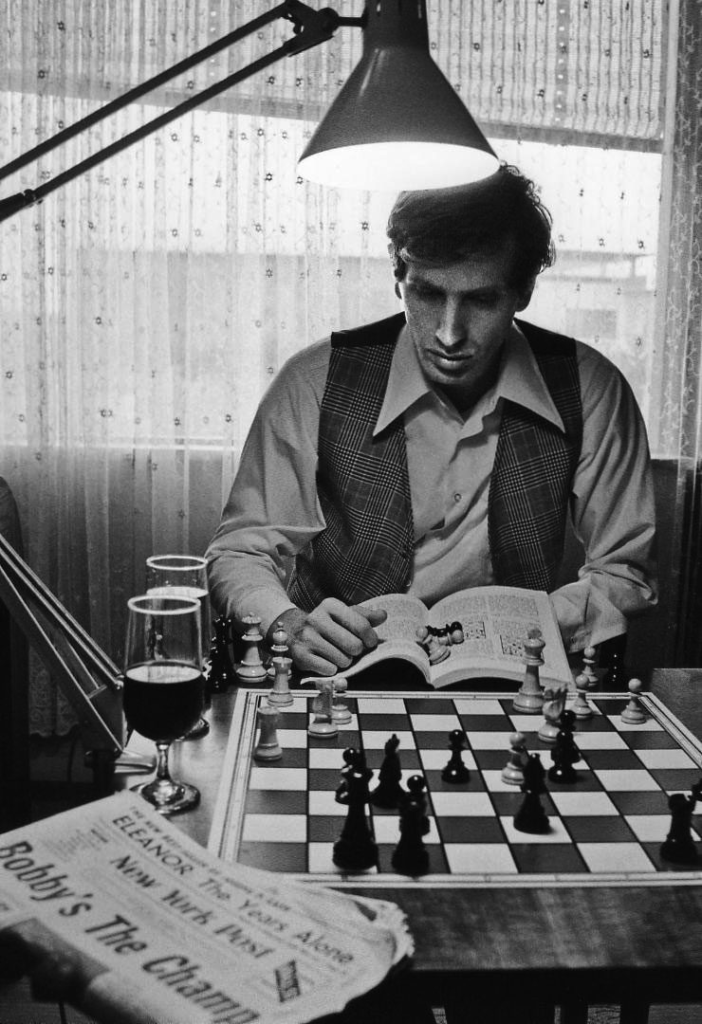Mental Health Through Chess: Chess is a demanding game, both mentally and physically. It requires focus, concentration, and the ability to think several moves ahead. Consequently, chess players can experience a lot of pressure, both during games and in their personal lives.
This article explores the mental health of chess champions, looking at the careers of Bobby Fischer, Garry Kasparov, and Magnus Carlsen. Each of these players has a different approach to mental health, and their stories offer valuable lessons for anyone who wants to improve their mental well-being.
Bobby Fischer: The Perils of Isolation

Bobby Fischer was a brilliant chess player, but he also struggled with mental health issues. His story is a cautionary tale about the dangers of neglecting your mental health. Indeed, Fischer’s isolation and perfectionism ultimately led to his downfall.
Garry Kasparov: Finding Strength in Activism

Garry Kasparov is another chess champion who has spoken openly about mental health. Kasparov used the skills he learned playing chess to cope with the challenges of his political activism. Moreover, his story shows that mental toughness can be applied to all areas of life.
Magnus Carlsen: The Importance of a Balanced Life

Magnus Carlsen is the current world chess champion. He is known for his calm and collected demeanor, both on and off the chessboard. Carlsen’s approach to mental health is all about balance. Importantly, he makes time for his hobbies and interests, which helps him to stay relaxed and focused.
Key Takeaways for Improved Mental Well-Being

The stories of Bobby Fischer, Garry Kasparov, and Magnus Carlsen offer valuable lessons for anyone who wants to improve their mental health. Here are a few key takeaways:
- Prioritize your mental health. It is just as important as your physical health.
- Develop healthy coping mechanisms. Exercise, relaxation techniques, and spending time with loved ones can all be helpful.
- Don’t be afraid to seek professional help. There is no shame in asking for help.
In conclusion, by taking care of your mental health, you can improve your chess game and your overall well-being.
Check out the original article
Our Summer Chess Camp 2024 is coming up!!
We have daily Online Group Lessons for all players of all skill levels!
Our Monthly Chess Tournaments are great for testing your skills!
Get a School Chess Program today!
